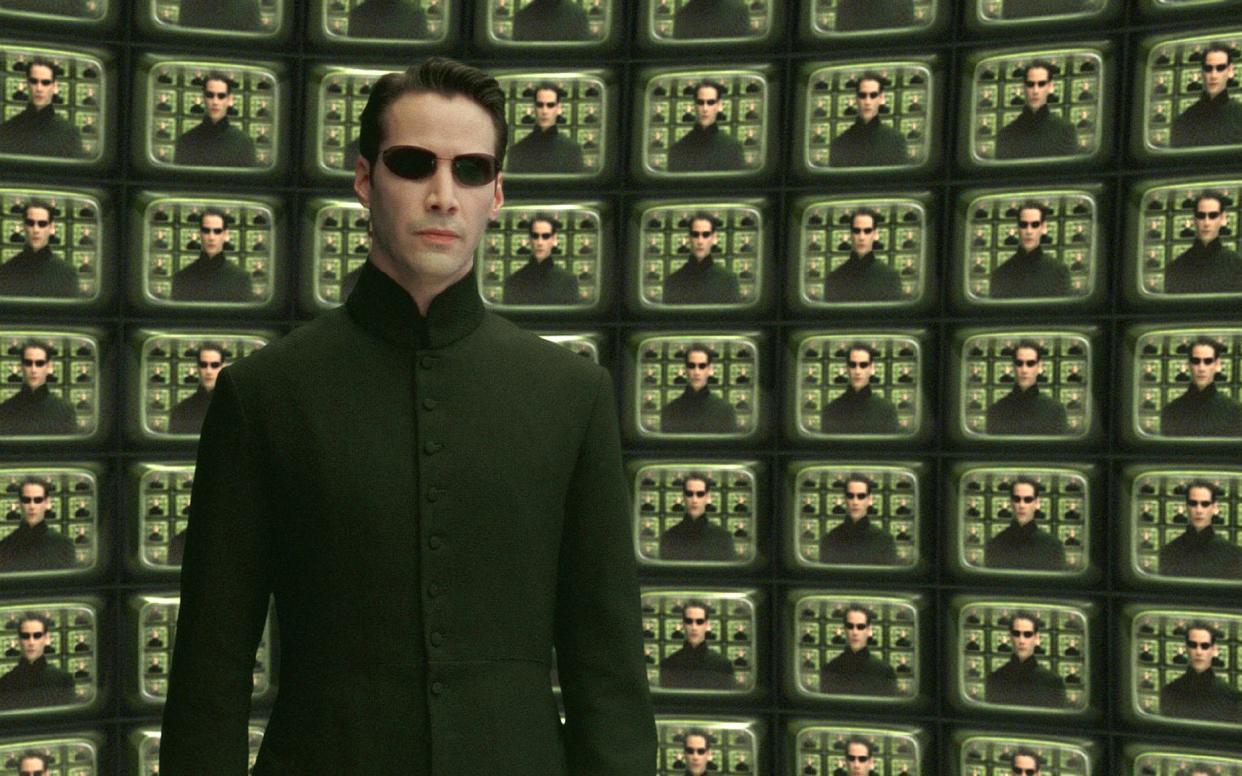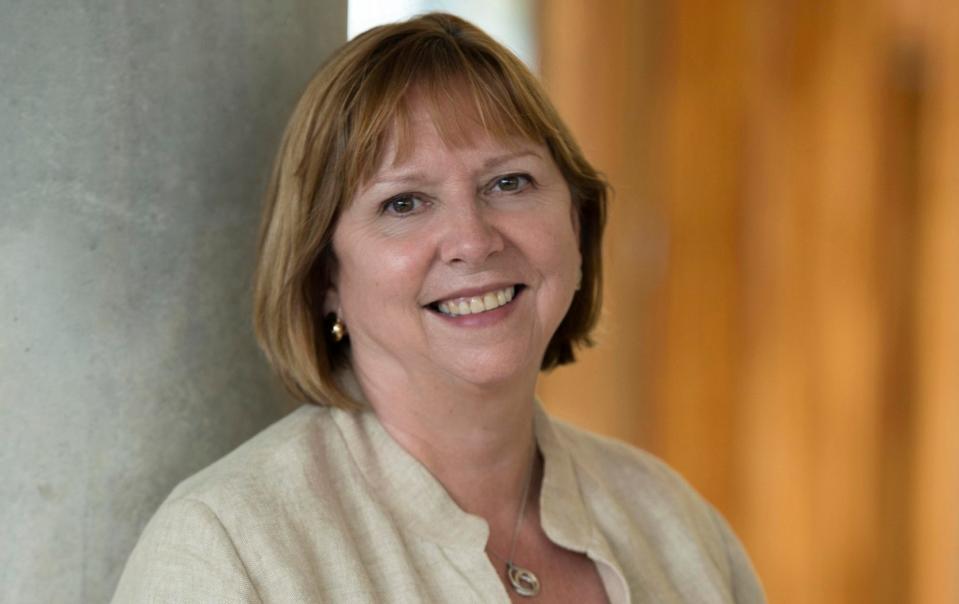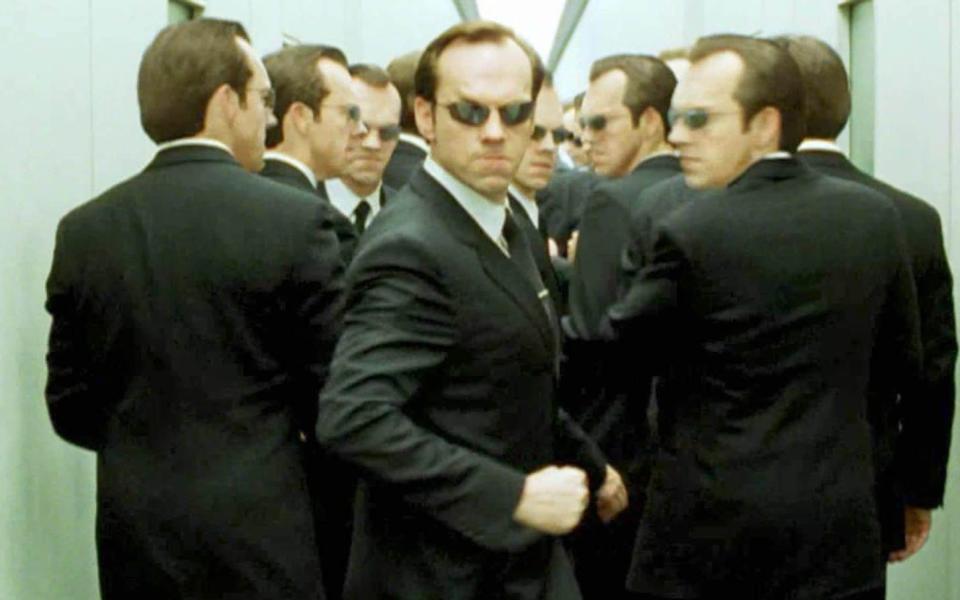Humans could become slaves to machines, AI adviser claims

Humans could become “slaves to the machines” just like in The Matrix as artificial intelligence evolves, a government adviser has warned.
Dame Wendy Hall said there was a “finite” chance mankind could enter into a scenario like in the futuristic science fiction film in which humans were used as “biofuel” for “cleverer” technology.
The computer scientist – who sits on the United Nations AI Advisory Board – said while the likelihood of this happening was low, “we have got to worry about this”.
Speaking on The Today Podcast, Dame Wendy referred to a BBC interview with the late Stephen Hawking in which he spoke on the potential dangers of artificial intelligence.
The academic said: “He said, well, of course, if we develop something that’s cleverer than us, then that would be the end of the human race because we’re biological, we take a long time to evolve.
“Machines can evolve very quickly. Assuming they’ve got the material they need to recreate themselves or their next generations, we could just become the biofuel in the machine, the Matrix scenario, because they’ll out-think us.
“And then we become slaves to the machines. There is a finite chance that could happen.”

The Matrix, starring Keanu Reeves, depicts a dystopian future in which humanity is unknowingly trapped inside a simulated reality that intelligent machines have created to distract humans.
Dame Wendy, the regius professor of computer science at the University of Southampton, added: “That doesn’t mean we’ve got the technology to end the human race as the superpower.
“I think it’s more decades away and it won’t just be on the sort of generative AI we’re doing today. We need other breakthroughs as well.
“We do need to talk about it and we have got to worry about this.
She also warned about the rise of deepfake technology, in which a person’s face or body has been digitally altered so that they appear to be someone else – typically used maliciously or to spread false information.

She said: “The deepfakes that are coming out now, particularly those that are using generative AI, which is quite hard to do – it’s not off-the-shelf technology at the moment – they’re very mature and it’s very difficult to tell technically, or even looking at them, whether it’s a fake or not.
“And so we have got to do this collectively, the official campaigns need to put their stamp on things.
“We will get watermarking over time and we will get technology that will help with this, but not in time for this year’s elections.
“Social media, of course, amplifies things and we need to have a public awareness campaign about being very careful about what information they trust.”

 Yahoo News
Yahoo News 
